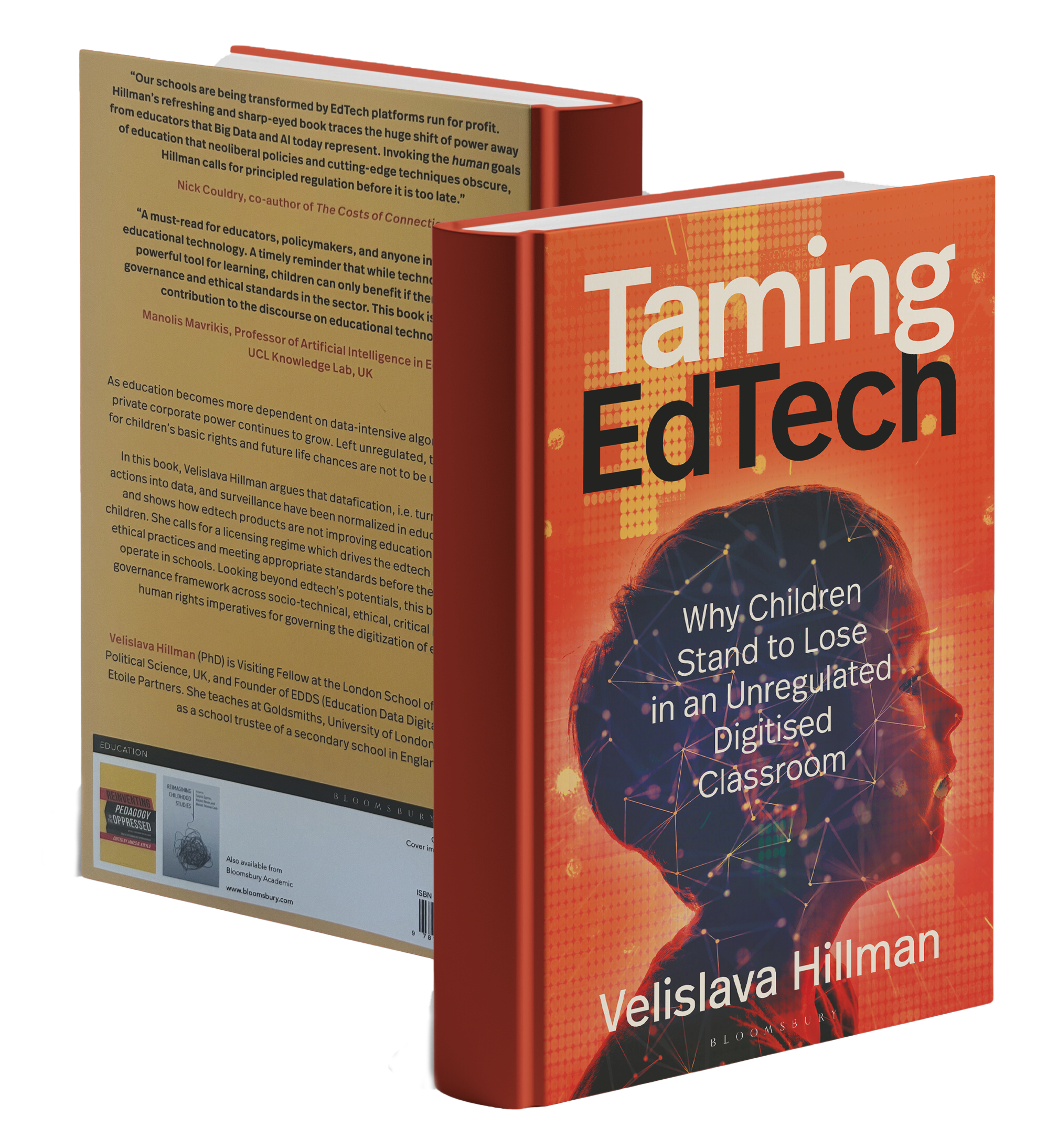Who is the book for?

Taming EdTech serves as a critical resource for both current practitioners and future teachers, providing a balanced perspective on the rapid digitization of education and the hype surrounding AI’s potential to transform learning, meet sustainable development goals, and deliver quality education for all. Amid the excitement, the book raises essential questions: Who ensures these promises are fulfilled? What if they aren’t? Who is accountable if these systems fall short, and how will this affect generations of students undergoing these changes without choice or a voice in the process?
The book addresses these concerns from a critical, teacher-focused lens, asking fundamental questions such as: What does digitization truly entail? What broader implications accompany the rapid transformation of educational practices? Who is responsible for ensuring this transition safeguards children’s rights to quality education, well-being, and their best interests?
Each chapter has explored different aspects of education and its transformation through digital technologies, which often involve commercial products and complex systems with unclear ownership, actors, motivations, and interests. The final two chapters specifically examine recent approaches to the EdTech sector, highlighting a lack of strong regulatory frameworks. Throughout, the book emphasises the urgent need for policymakers and political leaders to prioritise education and ensure that digital transformation is guided by thorough oversight and robust governance. The book offers actionable insights and frameworks to help create responsible policies and oversight mechanisms for EdTech providers.
Understand the rights of children to education and the impact of digitisation and surveillance on learning. This book has aimed to present some of the key critical aspects of digitising education: from the commercial products made available in the classroom to the larger and more complex systems that are beginning to occupy important pedagogic and governing qualities in education. These systems are hard to understand, control and hold accountable, yet they have a great say in what happens to children in their everyday learning experiences and long-term—their future opportunities further along their education trajectory and career pathways. The book as such aims to equip parents and caregivers with questions to ask about the EdTech tools in your child’s school.
- Schedule a virtual book talk with Dr. Hillman.
- Join EDDS’s Community of Practice.
- Share your experiences with EdTech.
- Connect with me on X.